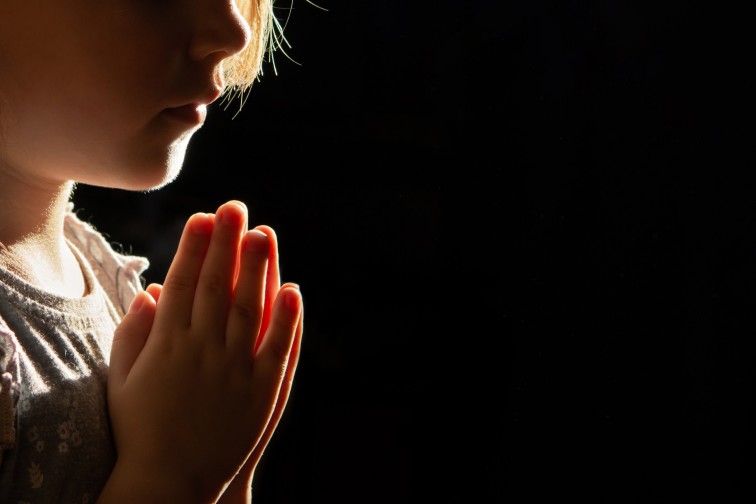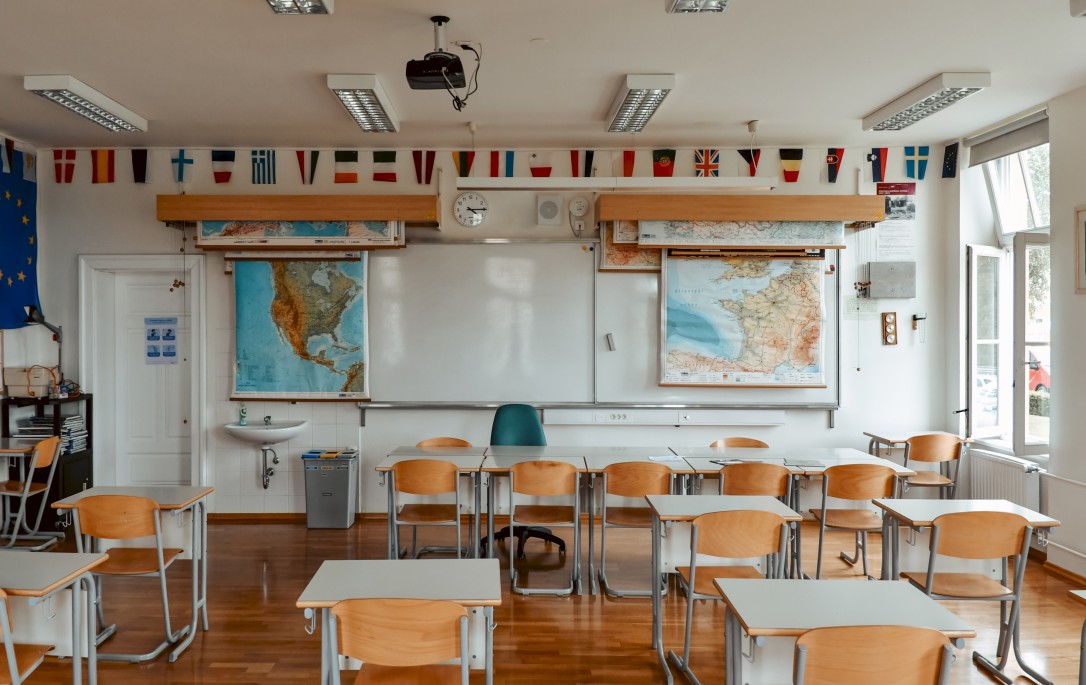Autumn pinches the daylight hours. I felt it a few months ago while tilling and seeding our backyard. The sun started sinking like a rock, truncating the time I had to work outside. On that evening, I planted the seeds and watered them in with the very last glimmers of dusk. While I watered, I looked over the yard and reflected on the dozens of hours I had invested in my little corner of the earth over the previous weeks.
During this same time, other corners of the earth fell into chaos. Ebola arrived. ISIS expanded. Russia invaded. Closer to home, Cal State evicted InterVarsity. Meanwhile, I leveled dirt and installed patio pavers. Am I guilty of “fiddling while Rome burns”?
The idiom hails from a legend about Rome’s first century leader, Nero, who played his fiddle while his city burned to the ground, leaving over half of the city homeless. His gleeful indifference to the plight of his people is fact. Whether or not he actually played an instrument while his city was aflame is debated. The point stands: People suffered and Nero didn’t care. His city burned and Nero reveled in his well-protected life of luxury. His cold-heartedness in the tragedy was proven when he built his “Golden Palace” and “pleasure gardens” on the ruins of the fire.
Just a few hundred miles away from Rome, a short flight across the Adriatic Sea, sits the city of Sarajevo. Twenty years ago, conflict thrust this less-known European city into headlines. Sarajevo was the main stage of the Bosnian War for close to five years, from 1992 to 1996. Sniper fire and machine guns ripped through the streets, killing many and ravaging the culture and historic artifacts of the city.
Vedran Smailović saw his city burning around him. Vedran, a professional cellist, mourned as he watched the war wreck his hometown. So he took to the streets. In an act Sara Groves dubbed “a protest of beauty,” Vedran played his cello amid the ruins every day for over two years during the war. He took his cello into bombed-out buildings and destroyed rail yards, lamenting as he moved his bow back-and-forth over his cello.
“I never stopped playing music throughout the siege,” Smailović said. “My weapon was my cello.”
The cellist from Sarajevo drew global acclaim for his actions. It was a beautiful protest. People rallied around his story. Due to the outrage and attention Vedran brought to the conflict, he is often credited as being one of the reasons the war ended when it did.
[pq]Gardening while the world burns becomes only as ignorant as we are.[/pq]
When I mow my lawn or prune my trees; am I Nero or Vedran? I sure can feel like both. When I see pictures of severed heads on stakes in Syria, it certainly makes my shrubbery choices feel trivial. When I read stories of American missionary doctors discarding caution by volunteering to go Liberia, Ebola’s epicenter, it makes reading bedtime stories to my son feel, well, rather humdrum.
In a call to radical living, some Christian activists desacralize the revolutionary work of faithful Christian living. It was God who challenged his exiled people to “build houses… plant gardens… bear sons and daughters… and seek the welfare of the city.” Not exactly a storm-the-gates sort of command, but a provocative challenge in a pagan city like Babylon. Sometimes revolutionary Christianity looks like medical missionaries fighting Ebola. Sometimes it looks like dads playing joyfully with their kids at the park.
But, if we harden our hearts and close our fists to suffering, the day at the park might not be so different from the fiddle in the flames. Gardening while the world burns becomes only as ignorant as we are. If we garden in blissful negligence of the world—or plant our hedges to protect ourselves from our neighbors—we’re no better than Nero. We are the privileged elite of this world. We lead lives of safety and health, immune from the pain and persecution experienced by so many.
At first glance, fiddling while Rome burns is not so different from playing the cello while Sarajevo does the same. But though their actions look like twin siblings, their tenor looks nothing alike. Vedran mourned with his city. He stood for beauty amid the pain. Our challenge is to play our cellos, mow our lawns, paint our nurseries, and file our expense reports with one hand fully engaged in the world around us and the other extended in longing to our God who loves justice and defends the weak.
This post originally appeared at Smorgasblurb.



